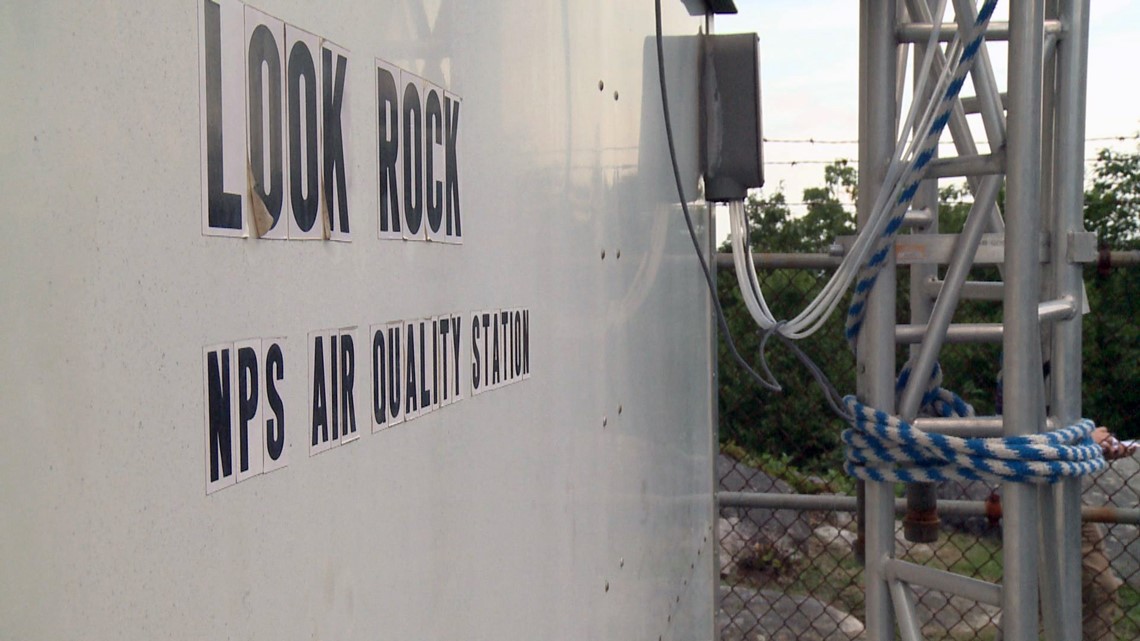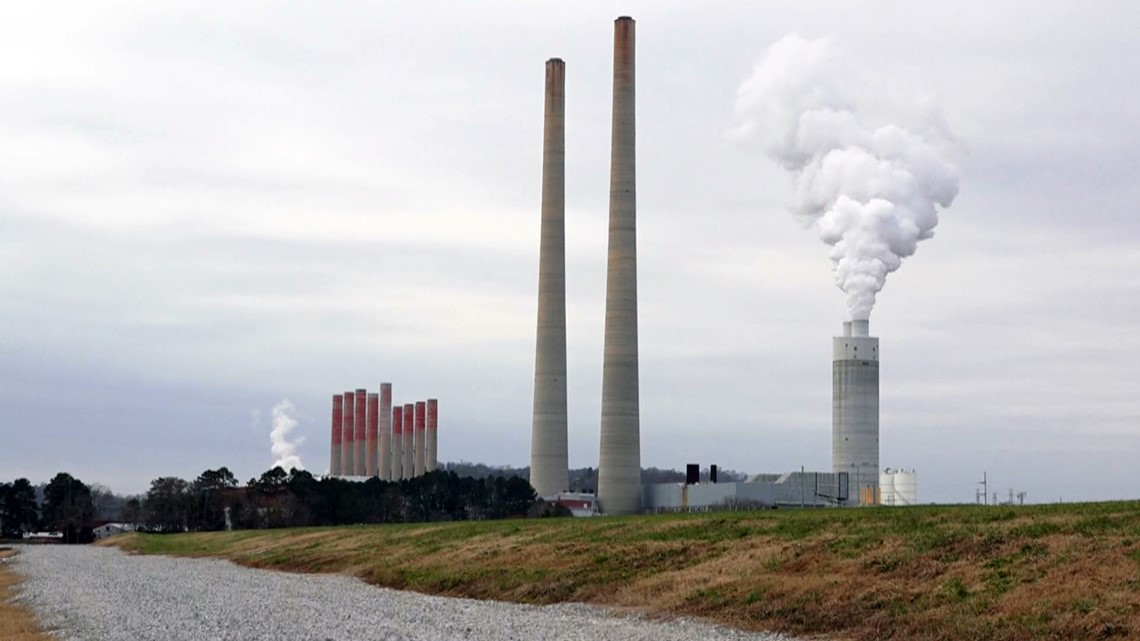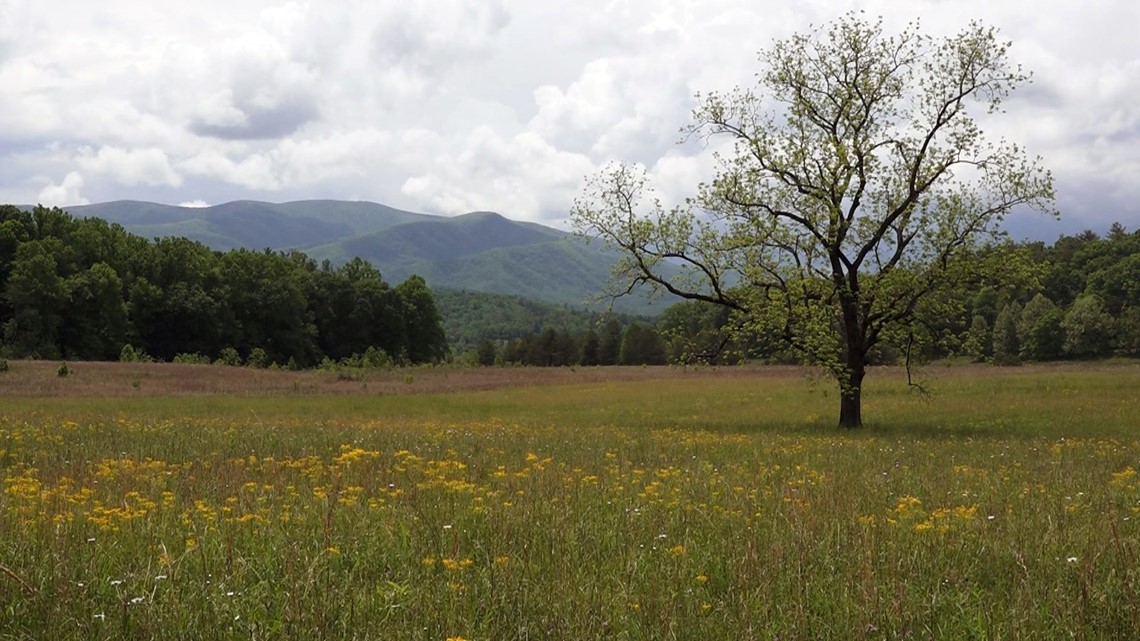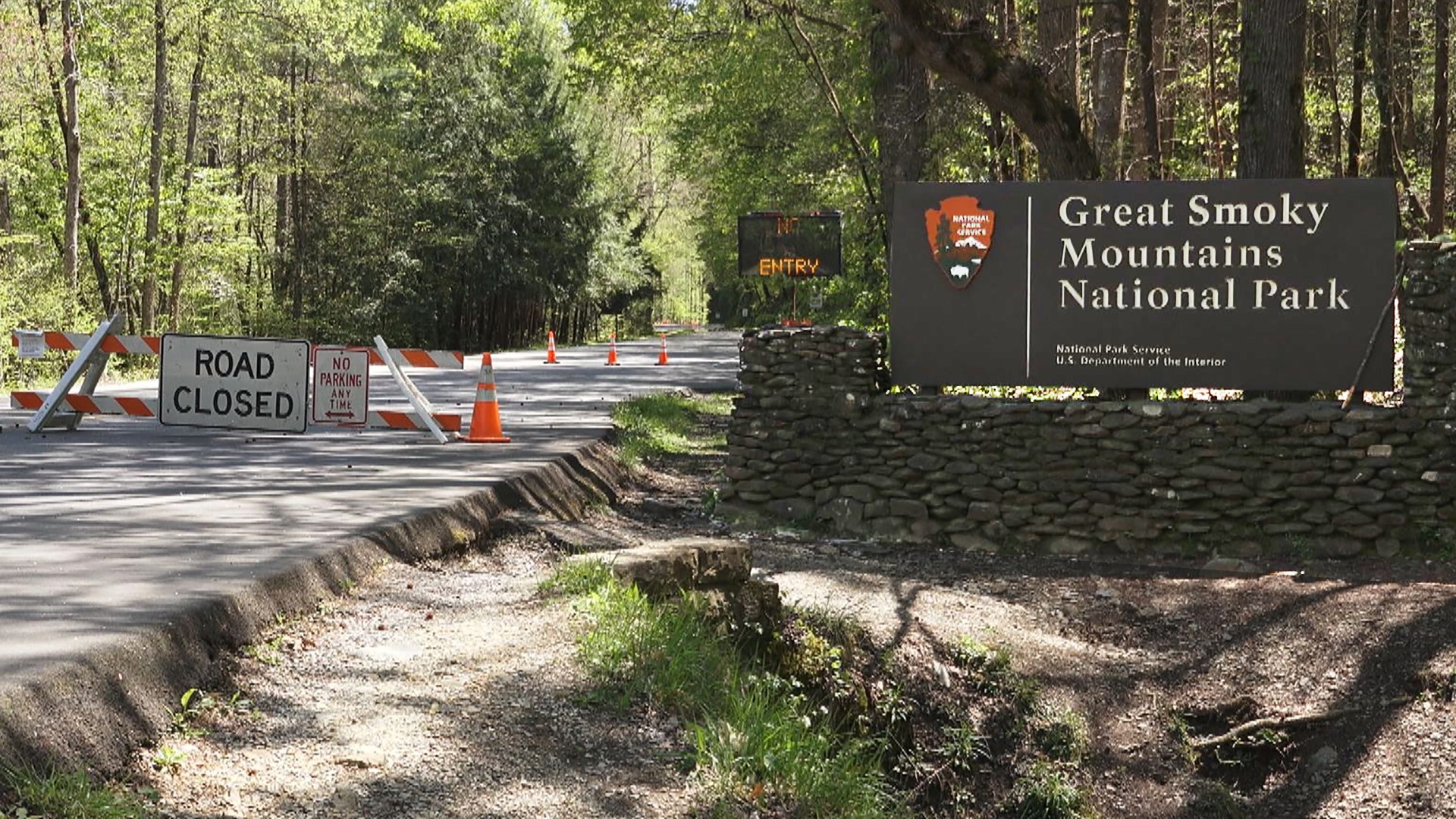GATLINBURG, Tenn. — From Los Angeles to New Delhi, skies have cleared in densely populated urban areas as people reduce travel and emissions during the COVID-19 pandemic. But what impact has the lack of traffic had in wilderness areas, such as the Great Smoky Mountains National Park (GSMNP)?
The tragic circumstances of the pandemic have created a rare research opportunity for scientists, including National Park Service air quality specialist Jim Renfro.
"If you calculate the amount of cars and emissions that are normally in the park during the closure of this five-week period, it looks like several hundred tons. Several hundred tons of emissions during this shutdown were not released in the park compared to normal. Most of that is carbon dioxide, a greenhouse gas," said Renfro. "There is a lot of testing that needs to take place, but all indications are the air quality has improved during this shutdown."


It's one thing to note a drop in emissions. The deeper research aims to measure how the reduction in emissions ultimately impact the air, soil, and water in the Smokies.
"There's a difference between emissions directly emitted and then what that stuff turns into down the road. And those are some of the things that do affect our health and the ecosystem. Pollutants affect our views and visibility in the park. Pollutants get into the streams and soil. Those are things we will be able to measure the short-term impact of this small piece of the puzzle," said Renfro.
Historically, automobile emissions are considered a relatively small source of pollution in the park. Coal power plants were the scourge that plagued air quality throughout the region, clouded the views in the Smokies, and poured acid rain on the park.


Renfro started working with the National Park Service in the 1980s and witnessed the drastic improvement in air quality in the last 20 years.
"We have cleaner power plants, cleaner cars, and cleaner fuels," said Renfro. "Things have gotten much better and will continue to get better, I believe."
Yet, the pandemic provides a chance for research that removes some of the guesswork. Researchers will be able to measure what the park looks, smells, and sounds like with virtually no traffic on the ground or in the air.
"We will be able to measure noise levels, just from the vehicles in the park that have been reduced almost down to zero and a lot less commercial aircraft flying over the park. We have acoustic maps that provide a baseline of how loud or quiet it normally is throughout the park," said Renfro.


Although the park has some continuous monitors that provide real-time data, getting the results of advanced laboratory testing of gasses and matter captured in filters take time.
"I am hoping we can get a lot of the results in months, not years. And this kind of testing here and other places around the world will get a lot of attention and interest," said Renfro.
Although there may be short-term improvements in air quality, Renfro's tone does not portray the pandemic as a good thing. He does, however, express a belief we should learn as much as possible from the difficult circumstances of the health crisis. That includes a chance to measure how our behavior can ensure the Smokies remain a breath of fresh air.


"We should care because air quality is important. Not only during this pandemic, but every day of the year. It affects our health and quality of life. And it affects this great place we all love and cherish, the Great Smoky Mountains National Park," said Renfro.

